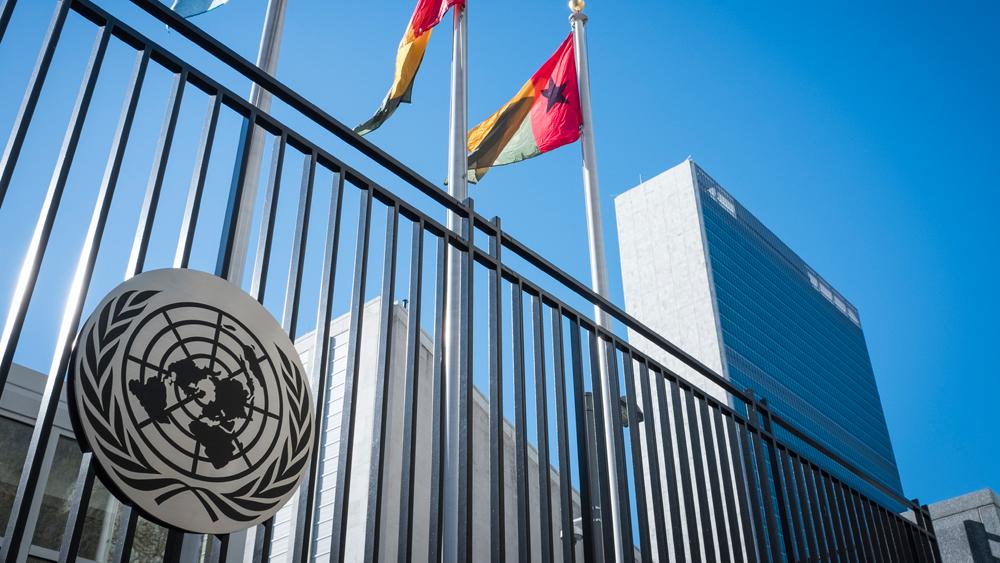Statement by representative of the Russian Federation B.A.Meschanov during the virtual consultations between the Member States and the High-Level Panel on International Financial Accountability, Transparency and Integrity for Achieving the 2030 Agenda (FACTI Panel)
The Russian Federation takes the new initiative in the context of efforts and measures towards strengthening the international legal regime for the return of criminal assets, the elimination of existing legal uncertainties and differences, the development of specific measures to dispose of arrested, confiscated and returned assets on the principles of legality and justice. We recognize, however, that the existing legal framework, including, first of all, the UN Conventions against Corruption (UNCAC) and against transnational organized crime, does not create a comprehensive international legal framework for the return of criminal assets.
In addition, to date, the possibility of applying the provisions of the UNCAC to situations of returning assets resulting from the commission of not only corruption crimes, but also offenses involving civil law and administrative responsibility remains unexplored. This applies, first of all, to civil liability in the event of the establishment of property acquired on unconfirmed income, as well as to administrative responsibility for illegal remuneration on behalf of a legal entity.
In this regard, the High-level Panel of experts could explore ways to fill in the existing legal gaps in close cooperation with the Conference of the States Parties to the UNCAC and its working bodies, and prepare concrete proposals for improving existing mechanisms. Panelists, in our opinion, should also heed attention and take into account the results of the second cycle of the review of the implementation of the UNCAC, including, inter alia, the provisions of its chapter V “Asset Recovery”.
The Russian Federation in accordance with the priorities of the national anti-corruption plan for 2018-2020 would be interested in generating political momentum for strengthening international cooperation in such areas as the use of modern information technologies in the prevention of corruption, as well as combating corruption-related crimes committed using these technologies, in accordance with Articles 5 and 48 of the UNCAC. Despite the fact that the Conference of the States Parties to the UNCAC specifically considered this issue at its 6th session (St. Petersburg, 2015) and adopted a number of thematic resolutions, to date, an integrated approach has not been developed, which significantly hinders effective exchange of existing experiences between interested countries. This issue is also of great importance for ensuring compliance with anti-corruption standards by all categories of persons entrusted with this obligation (like public sector employee, parliamentarians, judges), improving the protection of personal data and privacy in connection with the introduction of information technology in anti-corruption work and optimizing the functioning of anti-corruption institutions such as declaring income and property information, preventing and resolving conflicts of interest.
The latter aspect requires close attention, since both the provisions of the UNCAC (Articles 7, 8, and 12) and the thematic resolutions adopted in its development are somewhat fragmented. At the same time, conflict of interest issues is among the priority areas of anti-corruption work in many UN member states, including the Russian Federation.
We are convinced that in its work the High-level Panel of experts should closely interact with existing specialized international formats, in particular the Conference of State parties, without duplicating or replacing them. This is especially important in view of the preparation of the special session of the UN General Assembly against corruption, scheduled for April 2021. Thus, the Panel of experts should consider filling out the final declaration of special session when preparing their recommendations, which are supposed to be submitted for discussion in the General Assembly and should not be politicized and of formalistic character.
